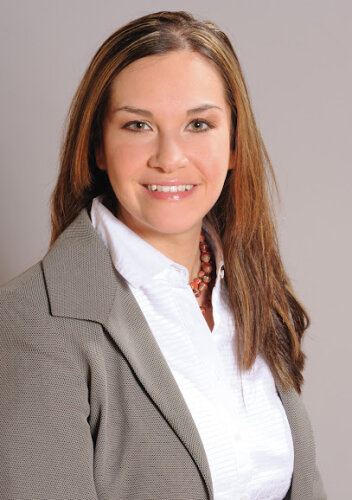Best Mortgage Lawyers in Chicago
Share your needs with us, get contacted by law firms.
Free. Takes 2 min.
Free Guide to Hiring a Real Estate Lawyer
List of the best lawyers in Chicago, United States
About Mortgage Law in Chicago, United States:
Mortgage law in Chicago, like many other cities in the United States, governs the interactions between the borrower and the lender in a mortgage contract. It covers areas such as foreclosure procedures, enforcement of mortgage conditions, rights, and responsibilities of parties involved, and regulation of interest rates. Specifically, in Chicago, this area of law is also influenced by Illinois state laws and federal regulations.
Why You May Need a Lawyer:
If you're facing a foreclosure, it's beneficial to get legal help to navigate the complex process and optimize your situation. Lawyers can help negotiate with lenders for loan modification, conduct short sales, or fight foreclosure in court if necessary. A lawyer can also assist in understanding and managing mortgage and refinance contracts, ensuring that your rights and interests are protected.
Local Laws Overview:
Chicago's mortgage laws are influenced by Illinois regulations. For instance, Illinois is a judicial foreclosure state, meaning that the lender must go through the court system to foreclose. There's also the 'single refiling rule' which restricts lenders from refiling foreclosure suits. On interest rates, Illinois doesn't have a usury cap, but there are still regulations to ensure fair lending practices. Chicago has also passed additional ordinances designed to prevent predatory lending and maintain community stability.
Frequently Asked Questions:
What can I do if I can't keep up with my mortgage payments?
If you're struggling with mortgage payments, consider talking to a lawyer or a HUD-approved housing counselor. They can help negotiate with your lender for a loan modification, short sale, or other arrangements. State and local assistance programs may also be available.
Can my lender start foreclosure if I miss one payment?
In Illinois, lenders typically can't start a foreclosure until you're more than 120 days delinquent. Moreover, they must provide a 30-day notice period for you to catch up with your payments.
Can a lawyer help me prevent a foreclosure?
Yes, a knowledgeable lawyer can present different options to you, such as loan modifications, bankruptcy, or sale of the property. They can also represent you in foreclosure defenses in court.
What is predatory lending and how can I protect myself?
Predatory lending involves unfair or abusive loan terms. Familiarize yourself with your rights, read all documents carefully before signing, and utilize legal consultation during the process to protect yourself.
Can I refinance my mortgage?
Yes, you can typically refinance your mortgage, potentially getting a lower interest rate or reduce your loan term. Consult with a lawyer to understand the implications and benefits.
Additional Resources:
Additional resources include the Illinois Department of Financial and Professional Regulation (IDFPR), the Financial Protection Bureau, HUD-approved housing counselors, and local nonprofit organizations like the Neighborhood Housing Services of Chicago.
Next Steps:
If you need legal help, collect necessary documents such as your mortgage agreement and payment records. Then contact legal professionals in the area. Consult with them about your situation, understand your rights and options, and decide on the best course of action together.
Lawzana helps you find the best lawyers and law firms in Chicago through a curated and pre-screened list of qualified legal professionals. Our platform offers rankings and detailed profiles of attorneys and law firms, allowing you to compare based on practice areas, including Mortgage, experience, and client feedback.
Each profile includes a description of the firm's areas of practice, client reviews, team members and partners, year of establishment, spoken languages, office locations, contact information, social media presence, and any published articles or resources. Most firms on our platform speak English and are experienced in both local and international legal matters.
Get a quote from top-rated law firms in Chicago, United States — quickly, securely, and without unnecessary hassle.
Disclaimer:
The information provided on this page is for general informational purposes only and does not constitute legal advice. While we strive to ensure the accuracy and relevance of the content, legal information may change over time, and interpretations of the law can vary. You should always consult with a qualified legal professional for advice specific to your situation.
We disclaim all liability for actions taken or not taken based on the content of this page. If you believe any information is incorrect or outdated, please contact us, and we will review and update it where appropriate.










